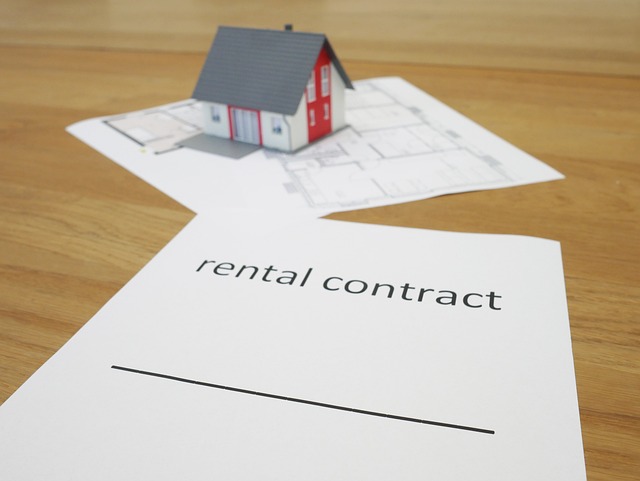No Deposit Apartments: Complete Guide to Finding and Qualifying
Finding an apartment without a security deposit can significantly reduce your upfront moving costs. No deposit apartment options are becoming increasingly available across various markets, offering renters greater flexibility and affordability. Understanding the qualification requirements, common locations, and application process helps you navigate this growing rental trend successfully while avoiding potential pitfalls.

No Deposit Apartments: Complete Guide to Finding and Qualifying
Key Eligibility Criteria for No Deposit Apartment Offers
Qualifying for no deposit apartments typically requires meeting specific financial and personal criteria. Most landlords offering these arrangements look for tenants with excellent credit scores, usually above 700, and stable employment history spanning at least two years. Income requirements often demand monthly earnings of three to four times the rent amount, with verifiable pay stubs and employment letters.
Additional eligibility factors include clean rental history with no previous evictions, positive references from former landlords, and sometimes completion of renter education courses. Some properties may require co-signers or guarantors, particularly for applicants with limited credit history or lower income levels.
Areas and Markets Where No Deposit Options Are Common
Urban markets with high competition among rental properties frequently offer no deposit incentives to attract quality tenants. Cities like Austin, Denver, Seattle, and Atlanta have seen increased availability of these arrangements, particularly in newer apartment complexes and luxury developments.
Suburban markets near major employment centers also commonly feature no deposit options, especially during slower rental seasons. Properties managed by large real estate investment trusts (REITs) and corporate landlords are more likely to offer flexible deposit alternatives compared to individual property owners.
Finding Genuine No Deposit Listings and Avoiding Scams
Legitimate no deposit apartment listings typically appear on established rental platforms like Apartments.com, Zillow, and property management company websites. Genuine offers include detailed property information, professional photos, and clear contact information for licensed real estate agents or property managers.
Red flags indicating potential scams include requests for upfront fees before viewing, properties priced significantly below market rates, poor grammar in listings, and pressure to sign agreements immediately. Always verify property ownership through public records and schedule in-person viewings before submitting applications.
Essential Questions for Landlords About No Deposit Leases
When applying for no deposit arrangements, ask landlords about alternative financial requirements such as higher monthly rent, additional fees, or insurance requirements. Inquire about the specific terms replacing traditional deposits, including damage liability policies and move-out procedures.
Clarify whether no deposit means no financial responsibility for damages or if alternative collection methods apply. Request written documentation of all terms and understand how maintenance issues, normal wear and tear, and damage assessments are handled without traditional deposit protection.
Impact on Tenant Rights and Lease Expectations
No deposit policies can affect standard tenant protections and lease renewal processes. Some arrangements may include mandatory renter’s insurance with higher liability coverage or require participation in damage protection programs with monthly fees.
Lease renewal terms might differ from traditional arrangements, with some landlords requiring deposit payments for subsequent lease terms or implementing different qualification criteria for renewals. Move-out expectations may involve more detailed property inspections and immediate payment requirements for any damages identified.
| Property Type | Average Monthly Fee | Alternative Requirements |
|---|---|---|
| Luxury Apartments | $25-75/month | High credit score, 4x income |
| Mid-Range Properties | $15-50/month | Renter’s insurance, 3x income |
| Budget Housing | $10-30/month | Co-signer, deposit alternative program |
| Corporate Housing | $50-100/month | Employment verification, credit check |
Prices, rates, or cost estimates mentioned in this article are based on the latest available information but may change over time. Independent research is advised before making financial decisions.
Understanding Long-Term Financial Implications
While no deposit apartments reduce upfront costs, they may involve higher long-term expenses through monthly fees, increased rent, or mandatory insurance premiums. Calculate total annual costs including these additional fees to determine actual savings compared to traditional deposit arrangements.
Consider how no deposit agreements might affect your ability to recover funds for landlord-caused damages or dispute resolution processes. Some arrangements limit tenant recourse options that traditional deposit laws typically provide, making careful lease review essential before signing.




